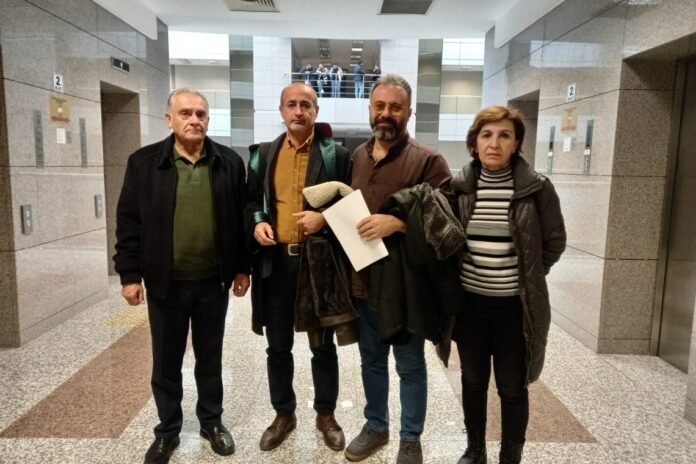A Kurdish folk singer faces prosecution for allegedly promoting the outlawed Kurdistan Workers’ Party (PKK) after performing a Kurdish folk song at an event in Belgium over a decade ago, the Media and Law Studies Association (MLSA) reported.
Accusations against Cihan Çelik for performing the song “Koçgiri Başladı Harba” (Koçgiri Began the Fight), which references the 1921 Koçgiri Rebellion, an uprising by Kurdish and Alevi groups against the nascent Turkish Republic. The performance in question took place in 2012.
The Turkish government has long considered this song to glorify violence and implicitly reflect alignment with the PKK, which has been designated a terrorist organization by Turkey and its Western allies. Ankara frequently prosecutes individuals and groups it perceives as supporting the PKK, often citing songs, speeches and cultural symbols.
During a hearing on Thursday, Çelik denied any connection to the PKK or intent to propagate its message.
Prosecutors, however, argued that the song’s lyrics, coupled with imagery displayed during the performance, promoted the PKK’s ideology. They contended that the performance went beyond the bounds of free expression by encouraging violence and terrorism.
“This is a 100-year-old folk song from the Sivas region and it has no relation to [current] violence,” Çelik said in response. He argued that his performance was part of a cultural event organized by a third party and he had no control over the stage decorations or visuals behind him.
Çelik’s lawyer, Servet Serençelik, requested additional time to respond to the prosecutor’s final opinion. The court granted the request and adjourned the trial until February 18, 2025.
Since the 1980s, the PKK insurgency has claimed the lives of some 40,000 people in Turkey. Numerous efforts at reconciliation have thus far failed.
In 2013, the ruling Justice and Development Party (AKP) launched peace talks with the armed group, but the truce collapsed in mid-2015 and the violent conflict resumed. Recently, the president has once again called for outreach, but cynicism and suspicion remain on both sides.















